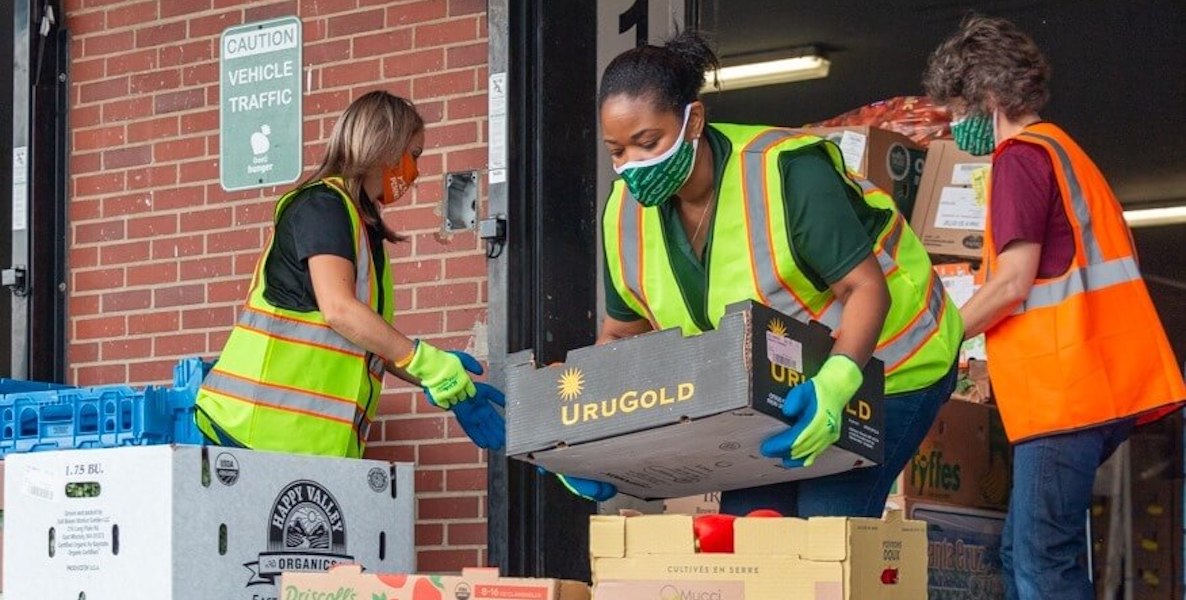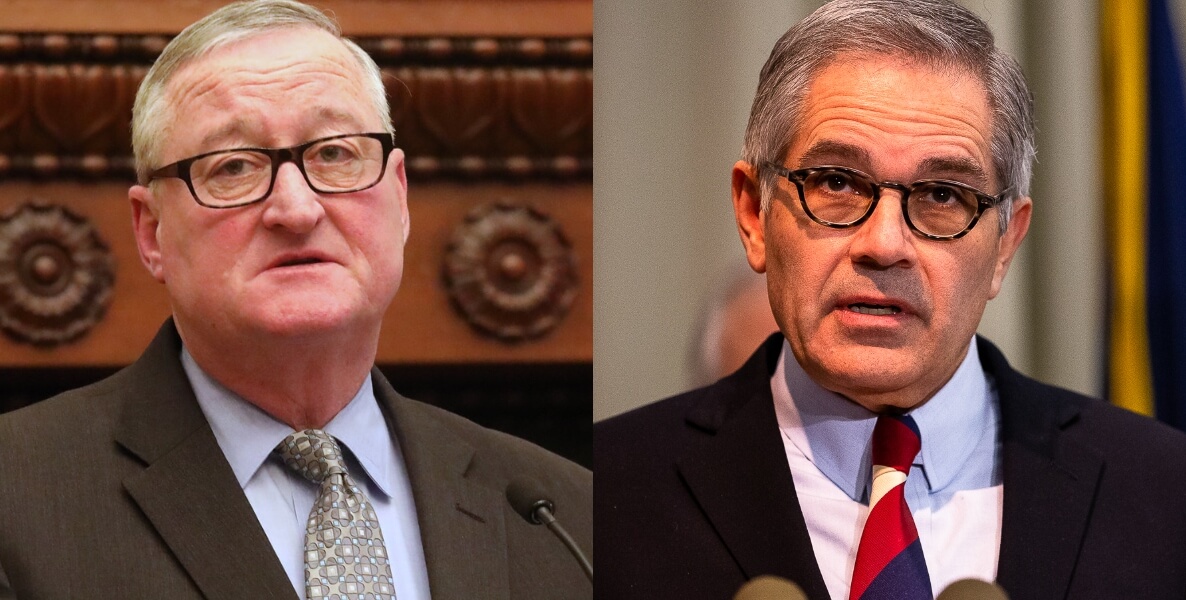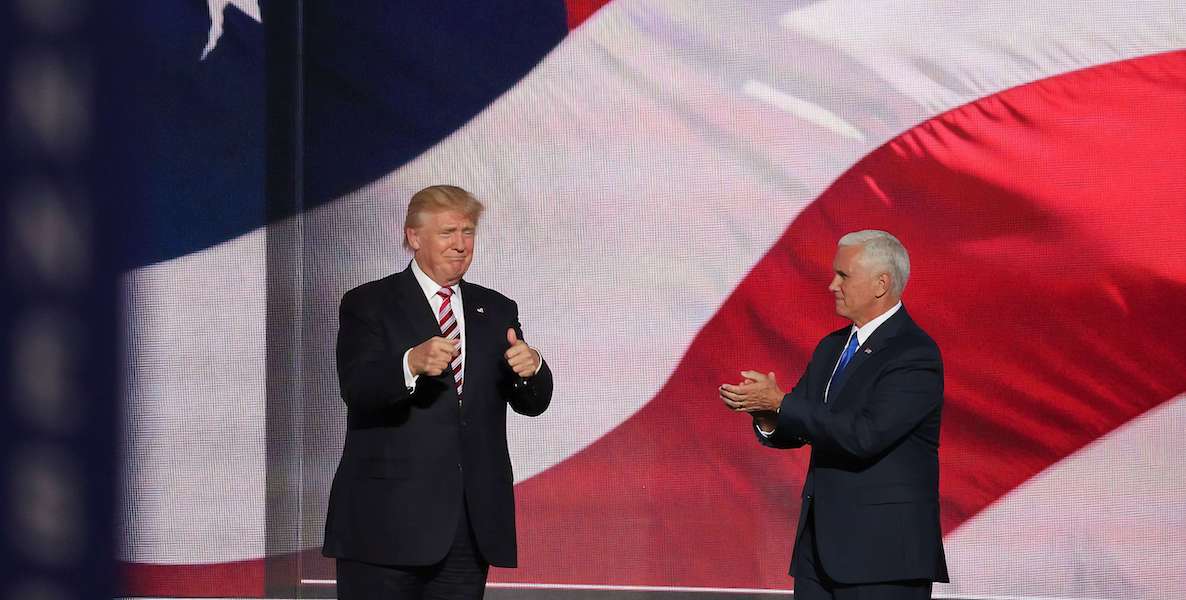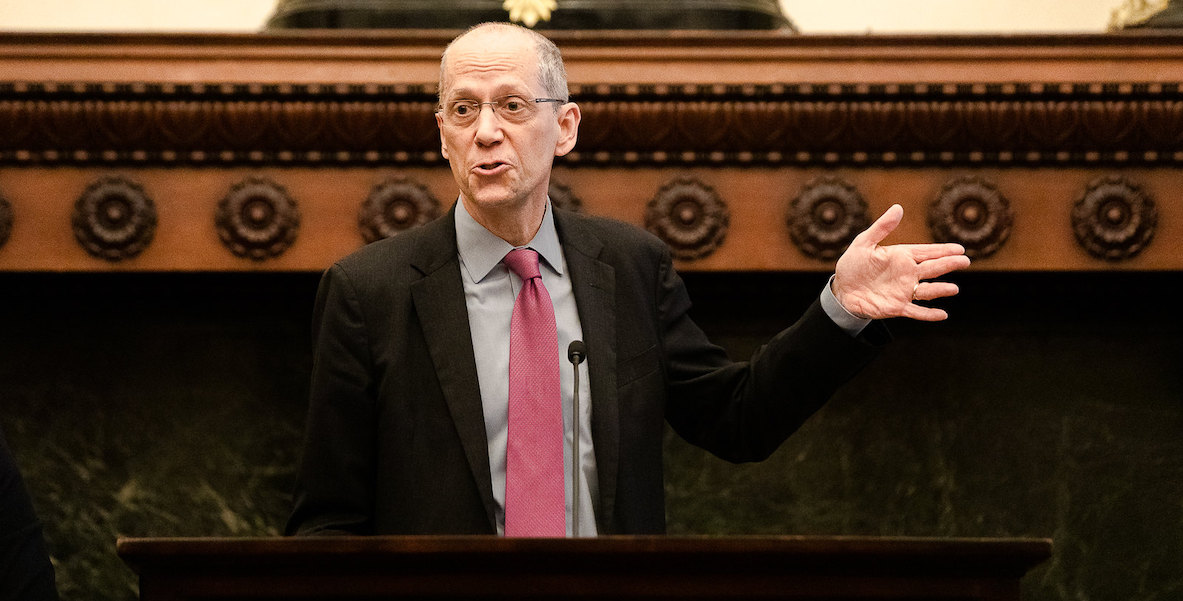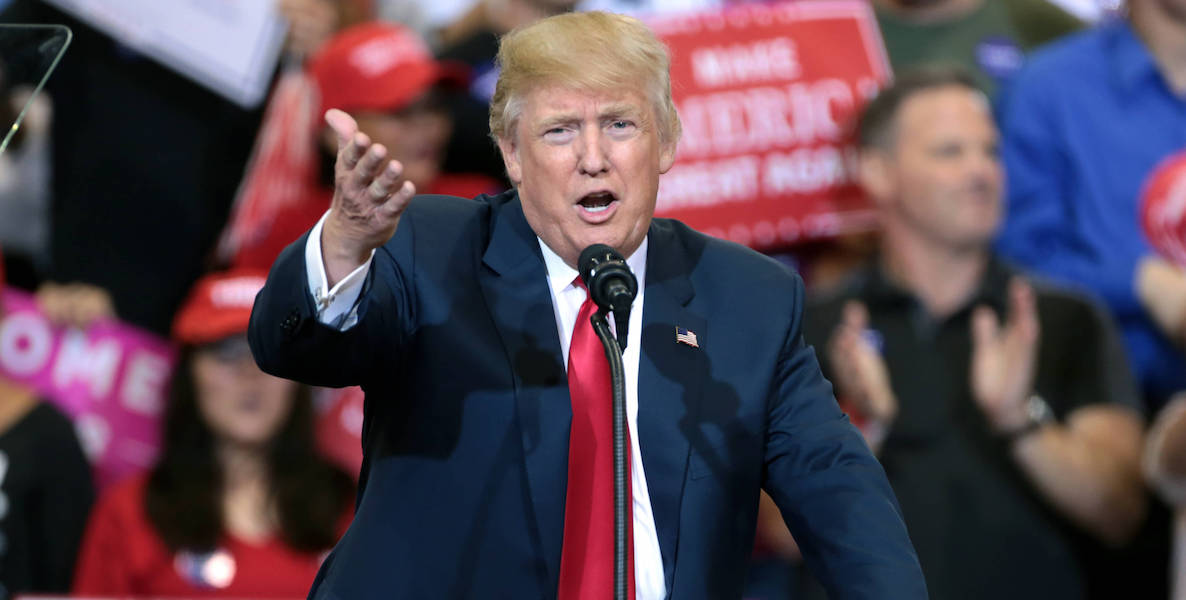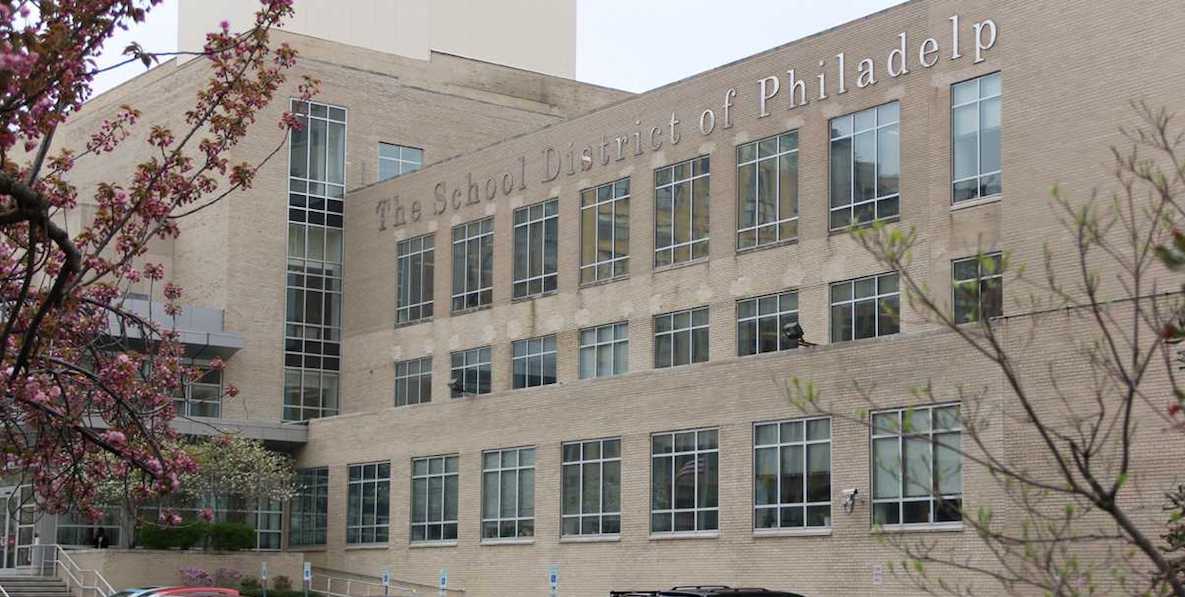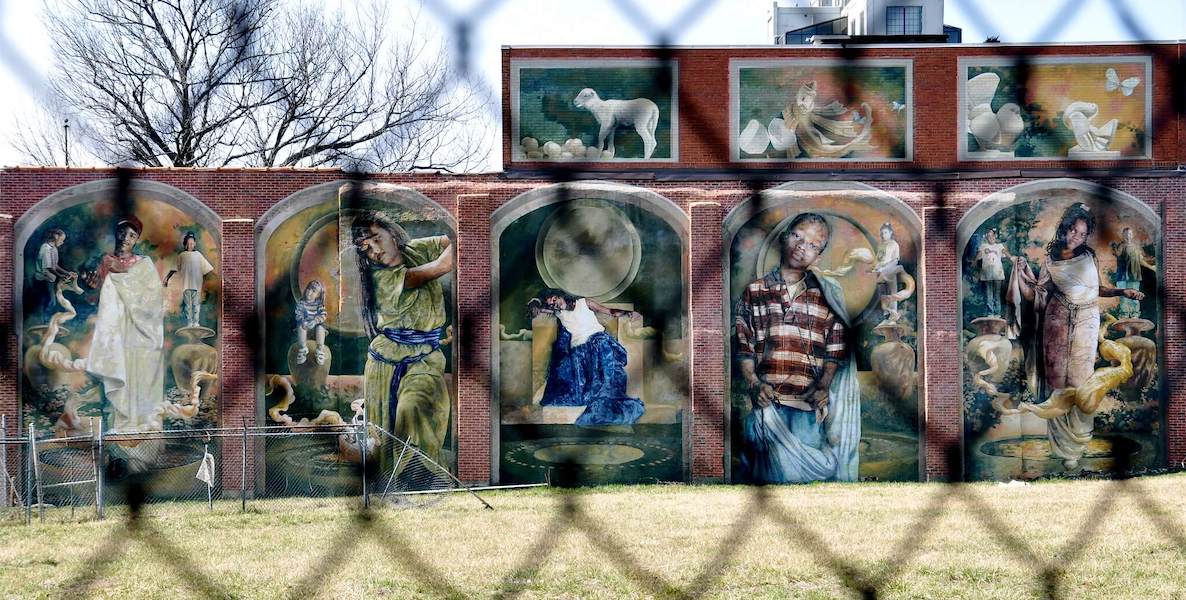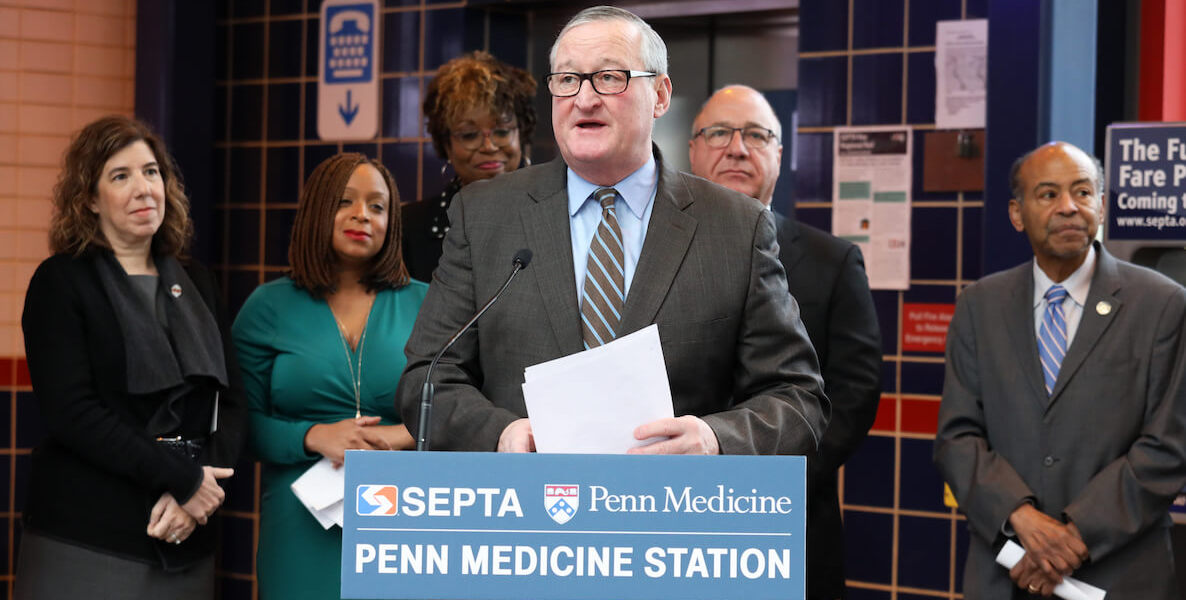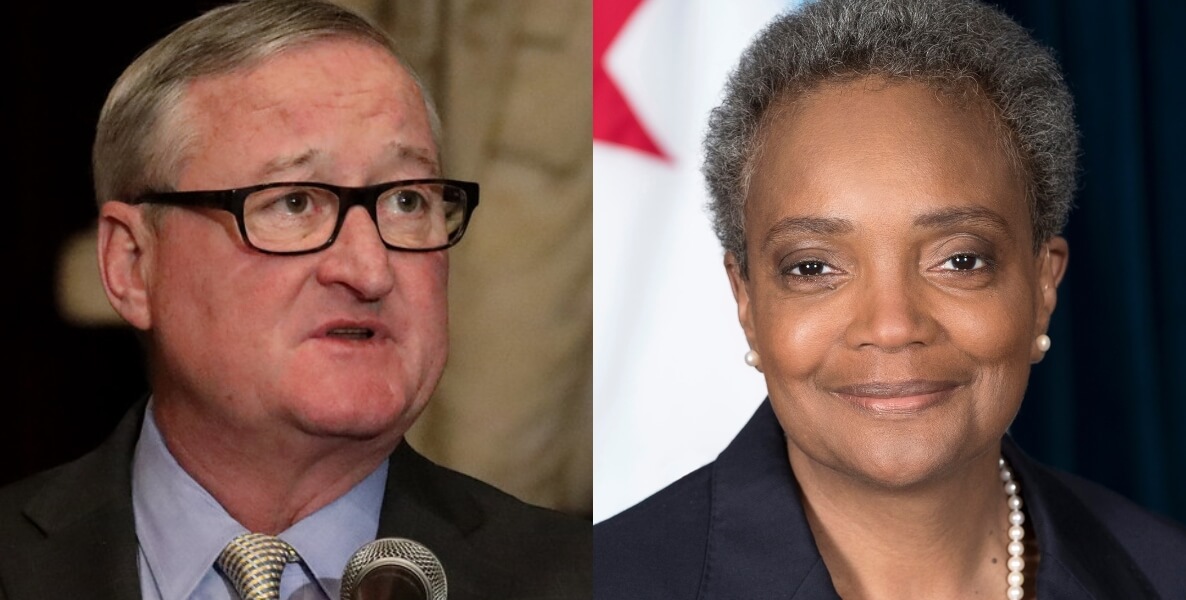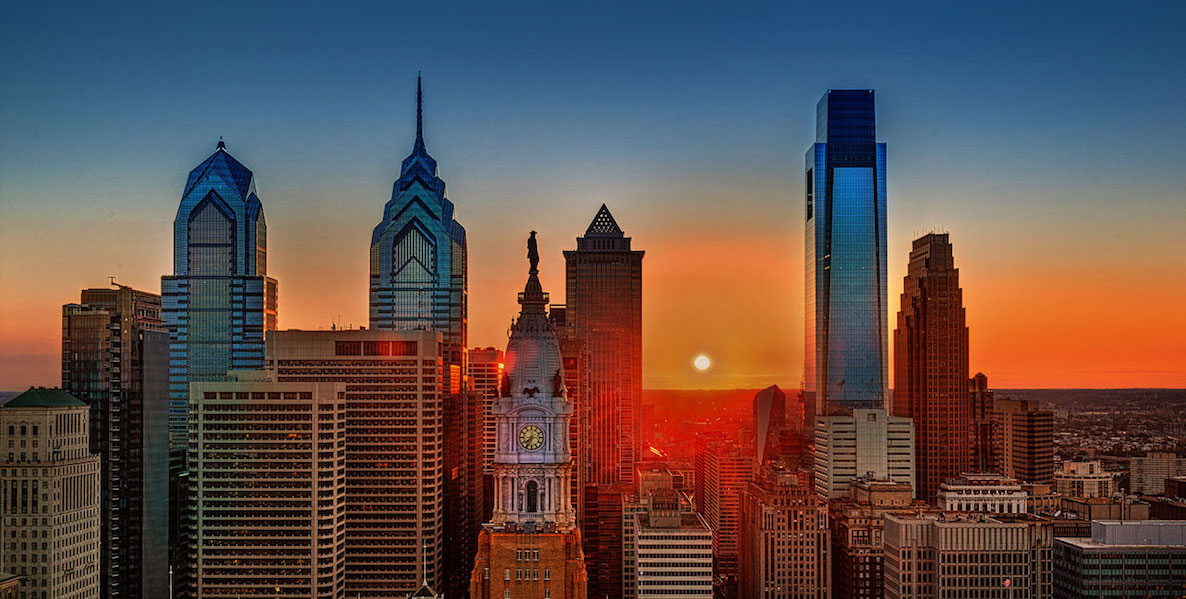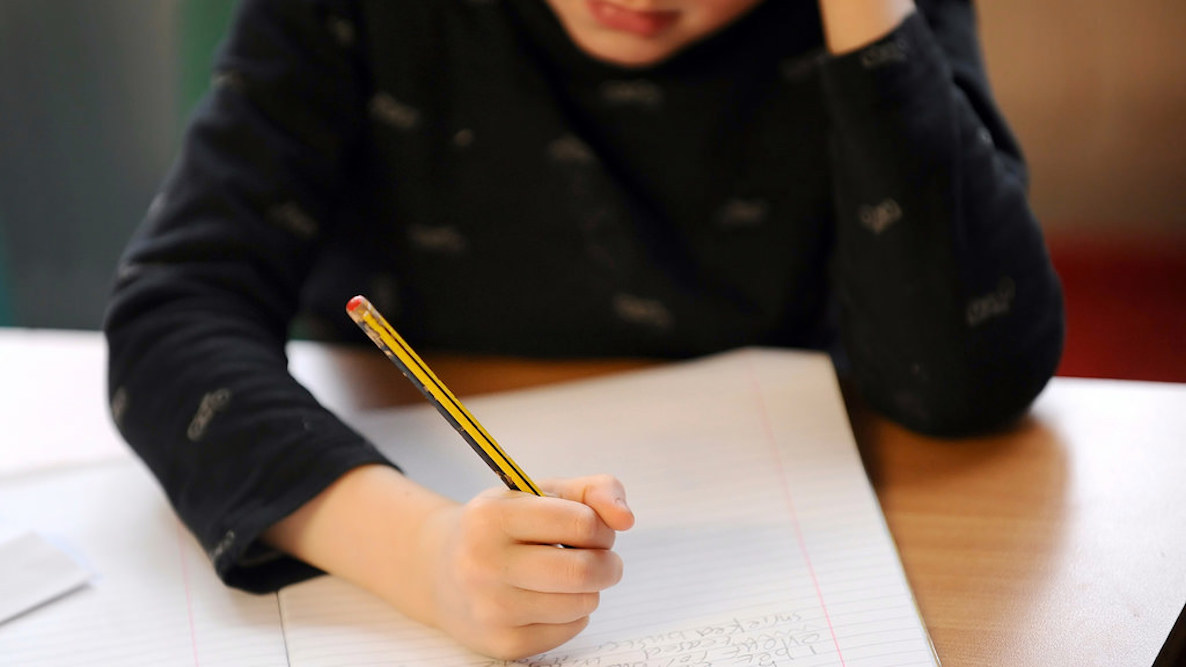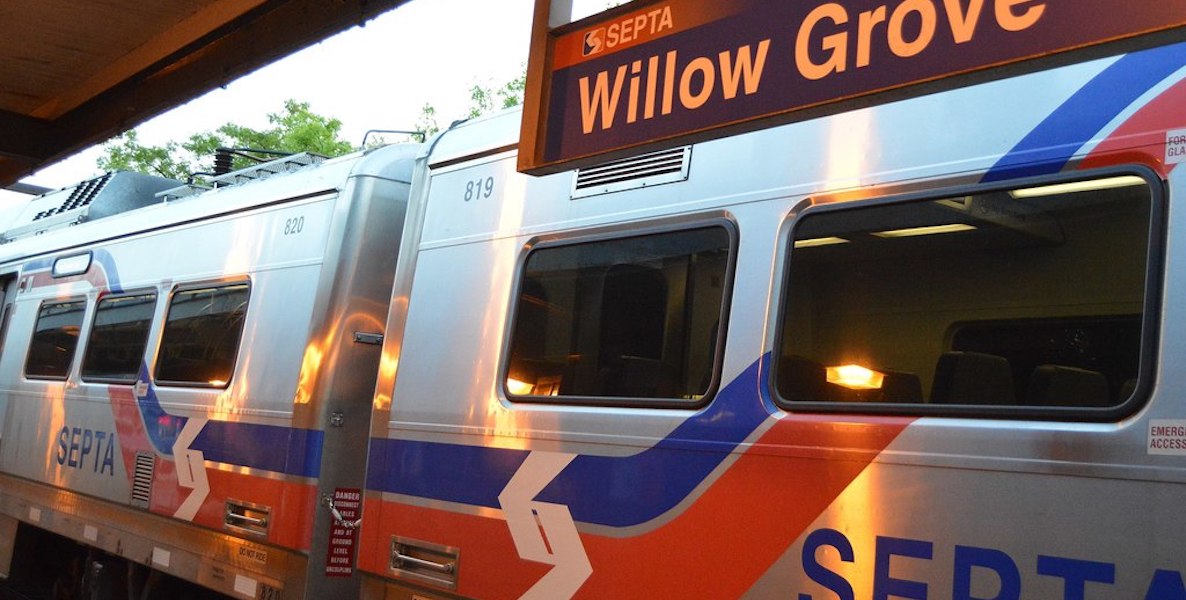At the time of publication, Pennsylvania has made its way into the top five states with the most coronavirus cases (just below Michigan) and it’s still in the top ten with the most Covid-19-related deaths.
For the Keystone State, Philadelphia is driving those numbers: There are over 9,500 cases and 370 deaths, according to the latest results from the City, and there is no firm end in sight.
And that’s only capturing what we know. Like much else in Philly and elsewhere, race, income, zip code caste systems and biases consciously or subconsciously inform the decision-making and information.
Much of the problem, as health supply chain and emergency response expert Dr. Nicolette Louissaint told Reality Check on WURD, is that “America is just not a culture of preparedness.”
![]() Or, as tech investor/entrepreneur Marc Andreesen noted in a much-cited article last week, “Part of the problem is clearly foresight, a failure of imagination. But the other part of the problem is what we didn’t do in advance, and what we’re failing to do now. And that is a failure of action, and specifically our widespread inability to build.”
Or, as tech investor/entrepreneur Marc Andreesen noted in a much-cited article last week, “Part of the problem is clearly foresight, a failure of imagination. But the other part of the problem is what we didn’t do in advance, and what we’re failing to do now. And that is a failure of action, and specifically our widespread inability to build.”
Governments on the local, state and federal level often boast that they’re writing playbooks, engaging in expensive trainings and roaming around in shiny new first responder command centers.
But, a moment like this reminds us all that it’s just smoke and mirrors—visual teddy bears to make us feel safe or confident that public agencies know exactly what they’re doing. We’re finding out the hard way that that’s not the case in a number of areas.
Be Part of the Solution
Become a Citizen member.We hear the word “unprecedented” a lot these days, and no doubt these are unprecedented times in many ways. But, does unprecedented have to mean unexpected?
Academics, scientists, documentarians and history books have talked up grisly pandemics since we can remember. You can find the occasional and rather scary fact-filled documentary from a few years back on nasty outbreaks just by browsing Netflix.
Were some of us not paying attention? Or, like the 2016 presidential race, we just kept putting our heads in the sand and convincing ourselves that “no f***in’ way this dude wins” and he ended up doing just that?
Of course, there are aspects of this contagion that are just, well, new. It’s difficult to get too hard on policy leaders, because it’s a stressful situation for everyone.
“We’ve collaborated to make very difficult decisions through this unprecedented crisis,” SEPTA General Manager Leslie Richards told Reality Check. “But, SEPTA is used to crisis,” as she ran through a list of large scale events that weren’t really crises, just big gatherings: like the 2016 DNC, or the Pope’s visit, the NFL draft or the Eagles Super Bowl parade. “We’ve gone through some pandemic response protocols, but nothing could prepare us for this.”
What’s not “unprecedented” are the equity gaps, biases and systemic racism mixed with classism that has led to the disparity in Covid-19 outcomes.
Nationally, 50 percent of coronavirus deaths are of people who identify as black. When race is known in Philly, African Americans make up 56 percent of coronavirus cases, while white Philadelphians make up just 26 percent.
That racial disparity spills over into economics, as well. Over a quarter of the city ![]() is financially destitute, and many of the essential businesses and operations that are forcing some workers to go out and risk their lives are frontline jobs dominated by a heavy black labor presence.
is financially destitute, and many of the essential businesses and operations that are forcing some workers to go out and risk their lives are frontline jobs dominated by a heavy black labor presence.
Whether it’s the lack of a preparedness culture, the inability to think outside the box, or a combination of both mixed in with the kind of casual ignorance of distressed population needs, here’s a look at five big ways everyone from City Hall to Harrisburg fumbled on what, in many minds, seemed like some of the easier, less “unprecedented” catches.
TESTING SITES
How is no one still not getting vexed and more openly concerned about the unequal spread of Covid-19 testing sites in the city? Philly still presents itself with a situation where testing sites are either not in the locations where infection rates are the highest or it’s blatantly overlooked putting them in low-income, predominantly black zip codes. That’s a problem. So much of a problem it was that even Drexel University biostatistician Usama Bilal noticed it in relatively short order and then cooked up a study on it: Residents in higher-income hoods were six times more likely than lower-income residents to receive a coronavirus test.
You can clearly see how on the current map of testing sites and the still strict criteria for who gets tested. The 10 testing sites within city limits seem to avoid low-income black and brown neighborhoods, thereby limiting access for those who need it the most.
How this has unfolded is a story of how City leaders and planners aren’t thinking as creatively or holistically as they have to for these types of events. We knew pandemics were never a matter of if, they were always a when. It’s always about the preparation.
Indeed, there is still a dearth of testing kits nationwide, a fault that lies directly with the president and his minions. There’s only so many kits that can go around. And, certainly, the City’s heavy emphasis on using existing medical facility infrastructure is recognition of Philly as one of those top ten cities “getting health care right” according to the Healthgrades National Health Index.
Still, emergency response planners, city officials, elected leaders and others should have ensured that, at least, there was an effort towards equity, to ensure that every population group was getting an equal amount of testing done.
Did City Councilmembers, Council President Clarke, included, request testing sites in their respective districts as a condition for their approval of the mayor’s $85 million dollar emergency appropriation? It seems clear that members like Bobby Henon, Mark Squilla and Brian O’Neill got testing sites where they are. The obvious racial divide in testing site geography is not a good look.
SCHOOLS
With so many low-income and disconnected students in the school system, shouldn’t it be standard practice to have a rapid scale-up plan in place to ensure continuity of learning? Yet, here we are, all state schools closed and Philly full of kids at home, many not prepared and lacking broadband nearly 40 whole days after schools shut down. Where is the noise about that?
Even a national researcher at the University of Texas, Paul von Hippel, couldn’t help but single out Philly in his assessment of big city pandemic response: “Philadelphia’s long pause worries me. We know from past research what happens when kids miss two months of school. It’s very concerning. Philadelphia is already behind other districts in achievement. Can we really let that gap grow?”
Philly and the School District immediately jumped on food distribution for low-income students. And we have finally managed to get Chromebooks ordered and distributed to as many kids as possible. But even now, many households are still not plugged into broadband or Wifi of some kind. Big cities everywhere else are already ahead, schools are just ramping up the online learning, and students are falling farther and farther behind—and they were already pretty far behind to begin with.
How do you not move urgently on this one? How do you further risk public health and the city’s future by having kids get this behind? And, once again, how are people not raging loud mad about that?
MASS TRANSIT
If you’re a city leader you already know that so many people in Philadelphia rely on SEPTA to get around. In fact, Philly not only has one of the highest mass transit ridership rates in the nation, but it actually saw its ridership drop the least during pandemic, according to a Transit app study out last week.
That’s even following a brief period, since 2018, where the regional agency saw its overall ridership dip, slightly. Knowing this many people rely on SEPTA and knowing that you’ve got a lot of low-income frontline workers—from grocery stores to fast food eateries to medical and janitorial staff—who still need to use the service, how do you not get some basics right?
SEPTA’s mask-wearing guidelines are still confusing. Bus drivers and train operators don’t feel protected and are complaining of risky work conditions that, according to Richards, they won’t receive hazard pay for. So, how does the City and the State not kick in some extra dollars for hazard pay knowing they need SEPTA just as much as they need first responders?
SANITATION WORKER SAGA
So: everyone knows you have to get the trashed picked up … even during the apocalypse. What else do you do? Leave toxic, rodent-infested trash out on the sidewalk and don’t do anything with it until after the lockdown is done? Of course not. None of us have the stomach for that. So we rely heavily on the Philadelphia Streets Department’s corps of sanitation workers to do it, even with the elevated risk to the workers themselves who are faced with the fifth most dangerous job in America.
Yet, sadly, the sanitation workers aren’t really protected and fear for their lives. Local 247 union leadership representing the workers, President Charles Harrington and Business Manager Omar Salaam, suggested on Reality Check that workers are going to work infected, with no clear reporting of the number of infection cases in the Streets Department.
What’s not “unprecedented” are the equity gaps, biases and systemic racism mixed with classism that has led to the disparity in Covid-19 outcomes.
Managing the city’s trash, especially during a time like this, is absolutely essential. Doing it as correctly and properly as possible ensures that, as a city, you’re not adding on more hazards on top of the public health hazard you’re already dealing with.
![]() Which is why it’s baffling and a bit unconscionable that frontline sanitation workers can’t perform a notoriously hazardous job with all the needed protections—which not only keep them protected, but the families and neighborhoods they go back to each day after work. “Ideally, our workers should be wearing the N95 face masks for protection,” said Harrington. “But, instead, all they’re getting are just the basic surgical masks. That’s unacceptable.” On top of all that, they’re not getting hazard pay either.
Which is why it’s baffling and a bit unconscionable that frontline sanitation workers can’t perform a notoriously hazardous job with all the needed protections—which not only keep them protected, but the families and neighborhoods they go back to each day after work. “Ideally, our workers should be wearing the N95 face masks for protection,” said Harrington. “But, instead, all they’re getting are just the basic surgical masks. That’s unacceptable.” On top of all that, they’re not getting hazard pay either.
THE ECONOMIC STORM
When more than a quarter of the city is poor, and you know economic doom is right on the horizon, public leaders should make all accommodations to ensure the most distressed residents get at least several months of reprieve. Instead, those already dealing with routine economic destruction are primarily getting the suspension of utility cut-offs and protections against evictions and foreclosures.
There’s no real guarantee any of these protections are working, with reports of landlords defying eviction moratoriums despite the crisis. So, why can’t City Hall get even more aggressive with the economic relief packages versus the low-fi nibbling that’s happening now?
Where is the plan for ensuring people have jobs to go back to, and for ensuring there’s a longterm safety net to keep them in homes they can afford?
What are we doing to make sure getting back to work means everyone can get back to work? And, while we’re on the subject, City Council President Darrell Clarke’s own proposal from a few months ago for a citywide “basic income” seems a bit tailor-made for a crisis like this. We know the city and everyone else is strapped for cash, but why not push something like this to save populations from permanent disaster?
The city is always begging voters to approve bonds by ballot referendums for things like municipal building upgrades or it’s always ready to borrow money for things like police headquarter site refinancing. Why not something like this since governments everywhere will have no choice but to run up deficit spending to fully recover?
How this has unfolded is a story of how city leaders and planners aren’t thinking as creatively or holistically as they have to for these types of events. We knew pandemics were not an if, they were always a when. It’s always about the preparation.
It’s too late to plan in advance for protecting people from this pandemic. But it’s not too late to plan for our recovery. That must happen now if we want Philly to come back—and be stronger than it was.
Charles D. Ellison is executive producer and host of “Reality Check,” which airs 11 a.m. to 1 p.m. Monday through Thursday on WURD Radio (96.1FM/900AM). Check out The Citizen’s weekly segment on his show every Wednesday at noon. Ellison is also principal of B|E strategy. Catch him if you can @ellisonreport on Twitter.


